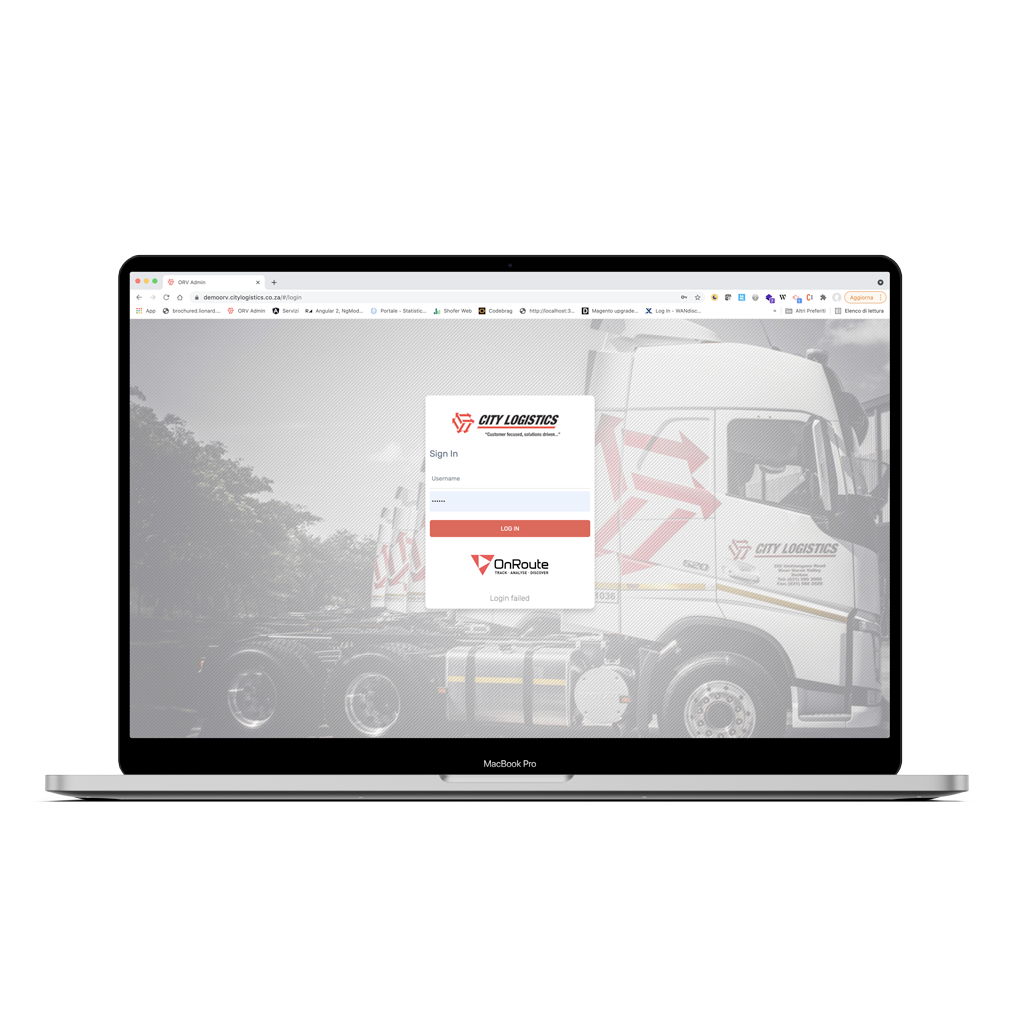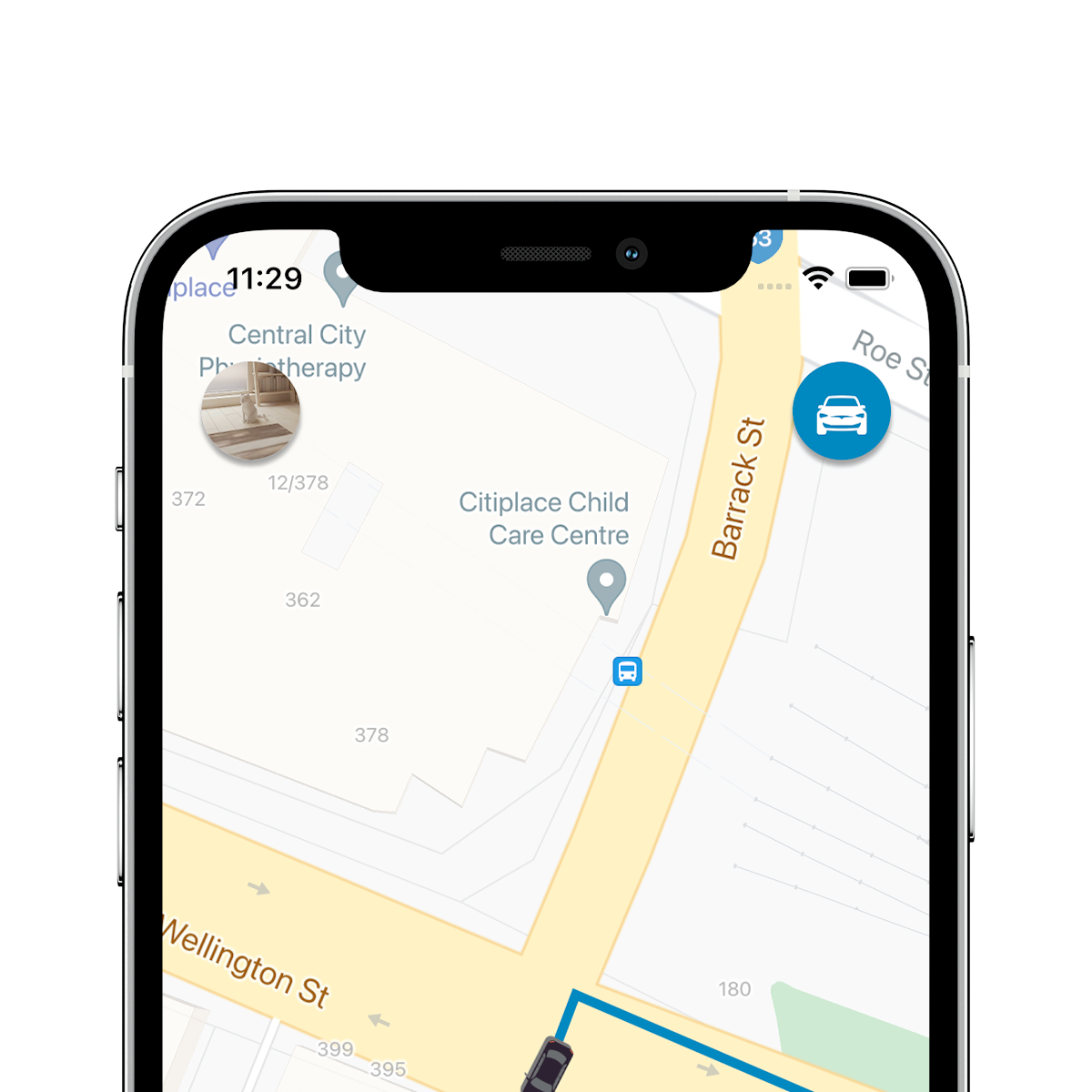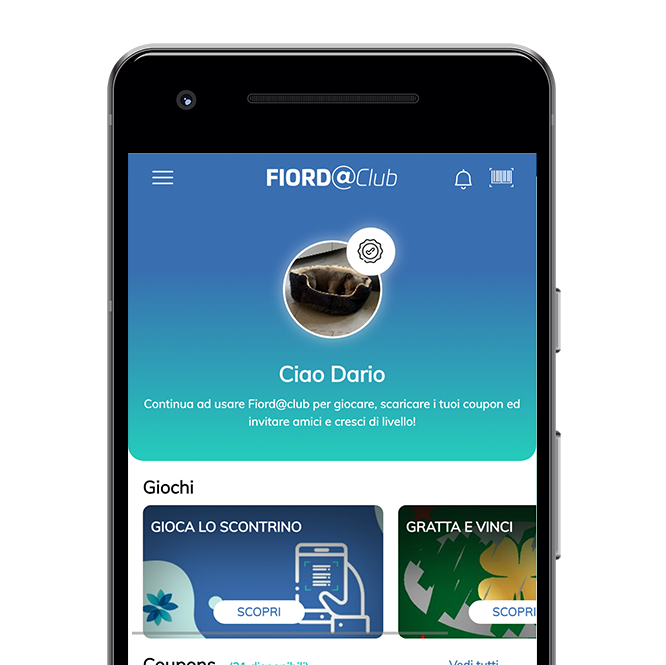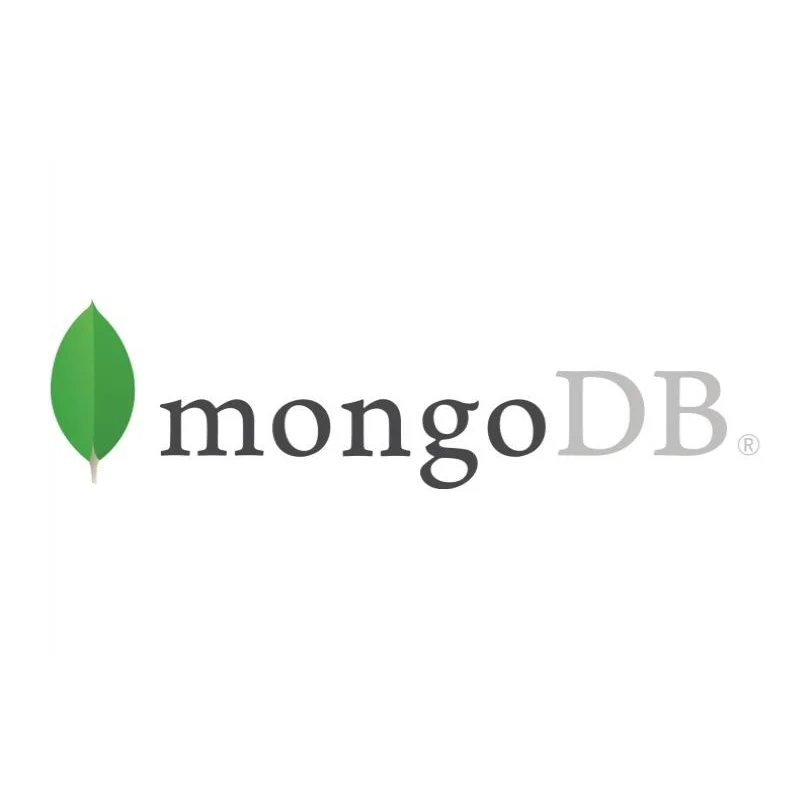
Angular
Angular is a modern, fast, robust and flexible framework used to create user interfaces. It's currently one of the most popular technologies for frontend development; we've been using it for years at ELbuild.
What is Angular?
A modular, flexible and scalable framework, which makes the developer's life easier and guarantees that clients receive a modern and high-quality product.Angular 2+, or just Angular, is an open source framework for the development of web applications and is the evolution of AngularJS, mainly developed by Google. The main language used to develop with this framework is TypeScript. This technology enables us to design and implement structured projects to create user interfaces that feature immediate advantages in code robustness, testability and maintainability, creating applications that are also fast and efficient. Angular provides an environment for the fast creation of apps, modules, components and IDE support, and the numerous plugins facilitate writing code.
The Characteristics of Angular
Multiplatform, fast and high-performing, Angular increases productivity.Angular enables us to create multiplatform applications, easily adapting the codebase to different devices and a variety of requirements. Compilation and deployment produce JavaScript code that can be served from any web server. Thanks to the libraries made available in the core of the framework, we can directly create Progressive Web Apps (PWA), as well as native and desktop mobile applications. Moreover, we can take advantage of the server-side rendering option for creating websites.
When do we use Angular?
A powerful framework in which we at ELbuild have many years of experience.At ELbuild, we started using AngularJS in 2014, following its evolution before moving on to Angular 2+, utilising all the advantages of the new version. This solution impressed us from the get-go, and its most recent versions continue to be our leading choice for the creation of web interfaces, especially in cases where we design complex, modular systems in which different user interfaces on different platforms share a foundation of features and code.
This decision allows us to rapidly develop complex and structured UI, thanks to our many years of experience, as well as a series of ready-to-use components that we've developed in-house.
We've always chosen Angular for the creation of management and control software. Furthermore, the possibility of using Angular Universal for the server-side rendering of pages also allows us to use this technology to create web services that feature indexing as critical requests, optimisation for search engines (SEO) and the possibility of sharing links with meta tags, essential for social networks.
According to the client's needs and the size of the project, we can determine alternative technologies to construct the frontend, such as Vue and Nuxt.
Check out just some projects featuring Angular:

The UI components in the ORV project use this framework.
Learn more
MySwan uses Angular to construct the back office, booking portal, and the totem UI.
Learn more
There are many interfaces created with Angular in the AvilaFan project, including the progressive web app.

 richieste@elbuild.it
richieste@elbuild.it  AWS
AWS
 Docker
Docker
 Java EE
Java EE
 Go
Go
 Node JS
Node JS
 Typescript
Typescript
 Vue.js
Vue.js
 Oruga
Oruga
 Angular
Angular
 Nuxt
Nuxt
 React
React
 ObjectC
ObjectC
 Swift
Swift
 Kotlin
Kotlin
 Android
Android
 Apple
Apple
 Linux
Linux
 CentOS
CentOS
 PostgreSQL
PostgreSQL
 MySQL
MySQL
 Mongo DB
Mongo DB
 Solr
Solr
 Redis
Redis
 Git
Git
 Elbuild s.r.l.
Elbuild s.r.l.